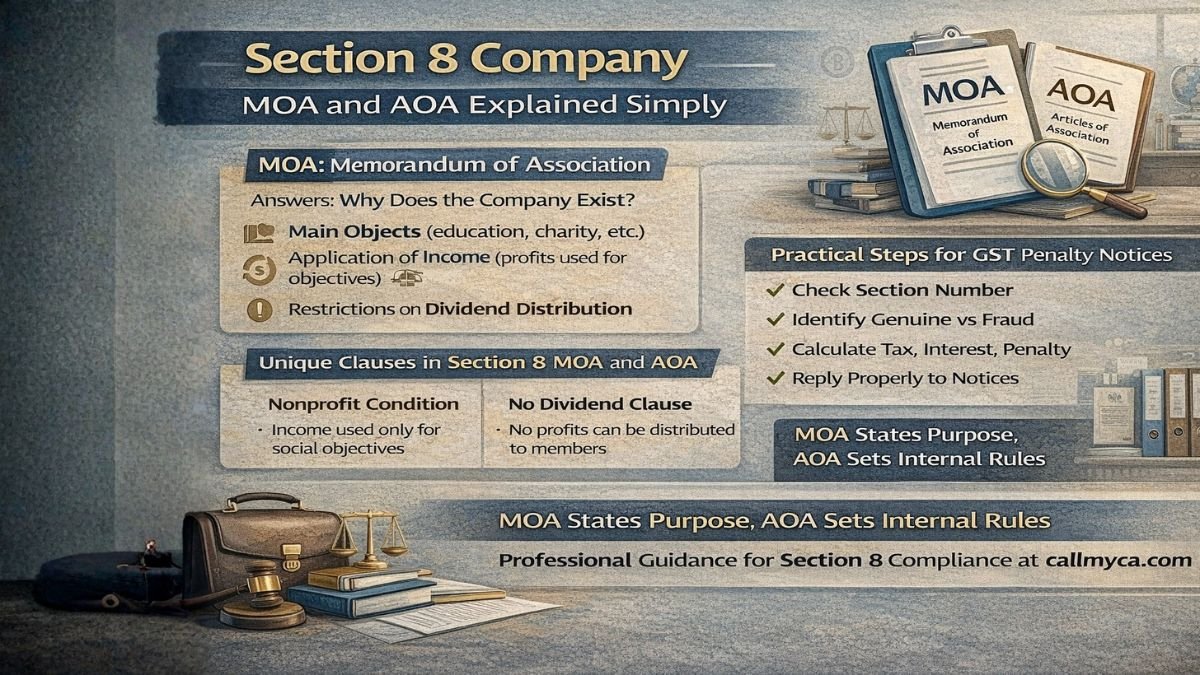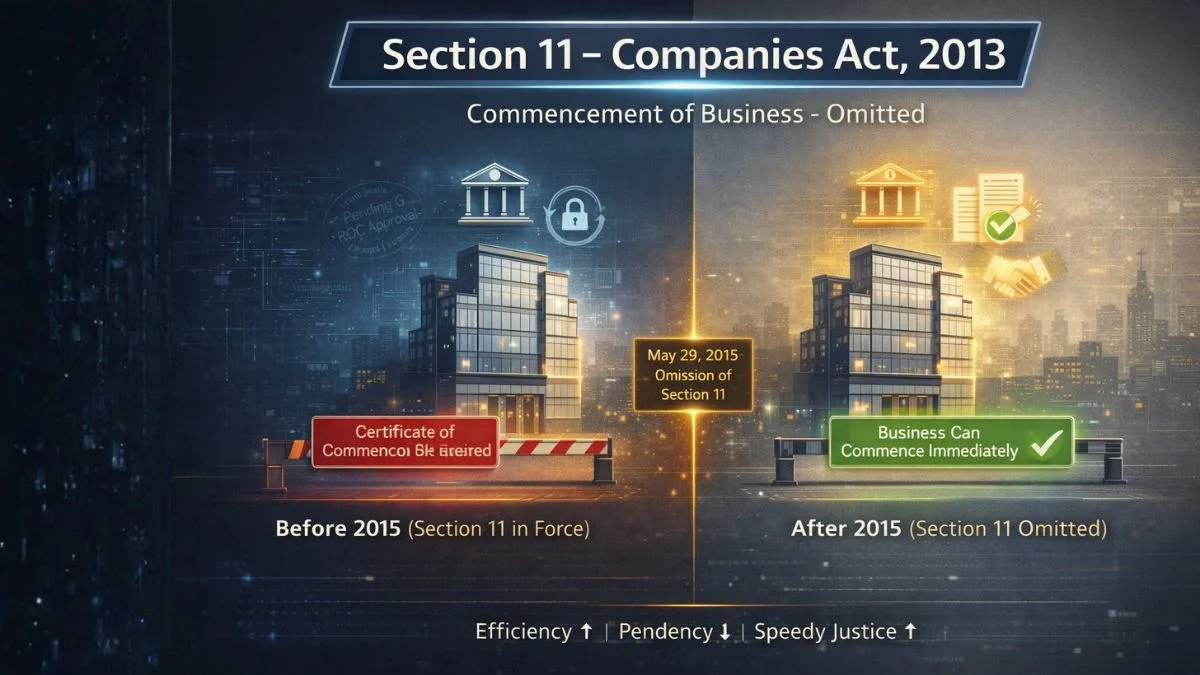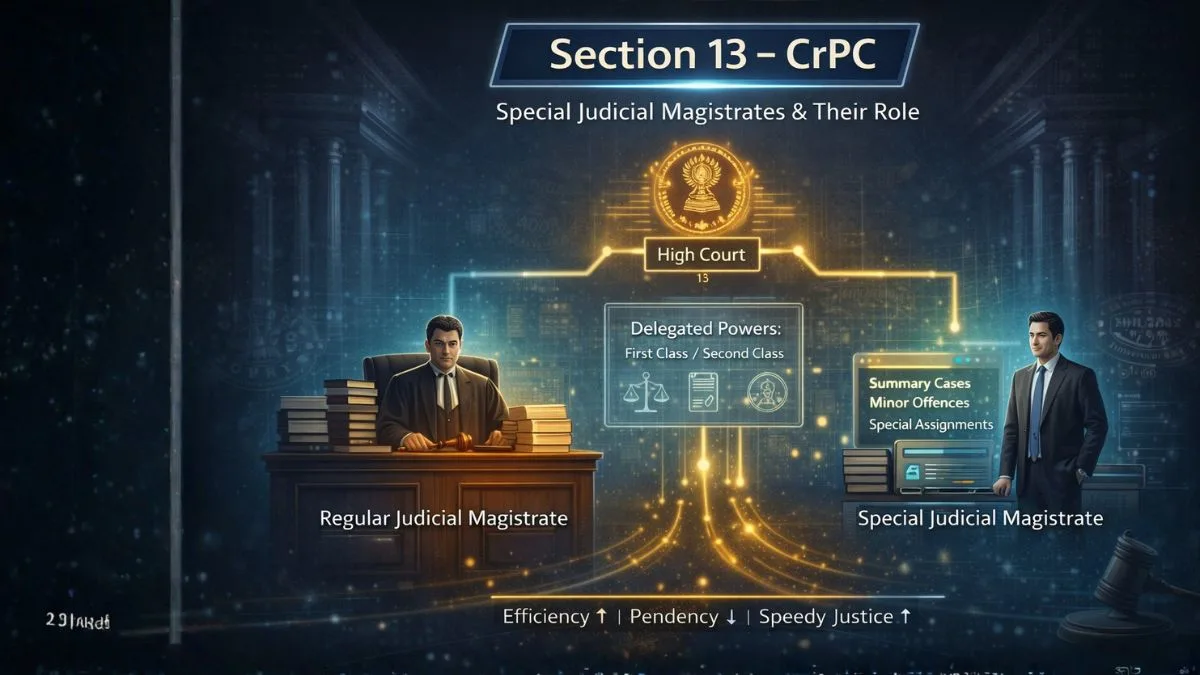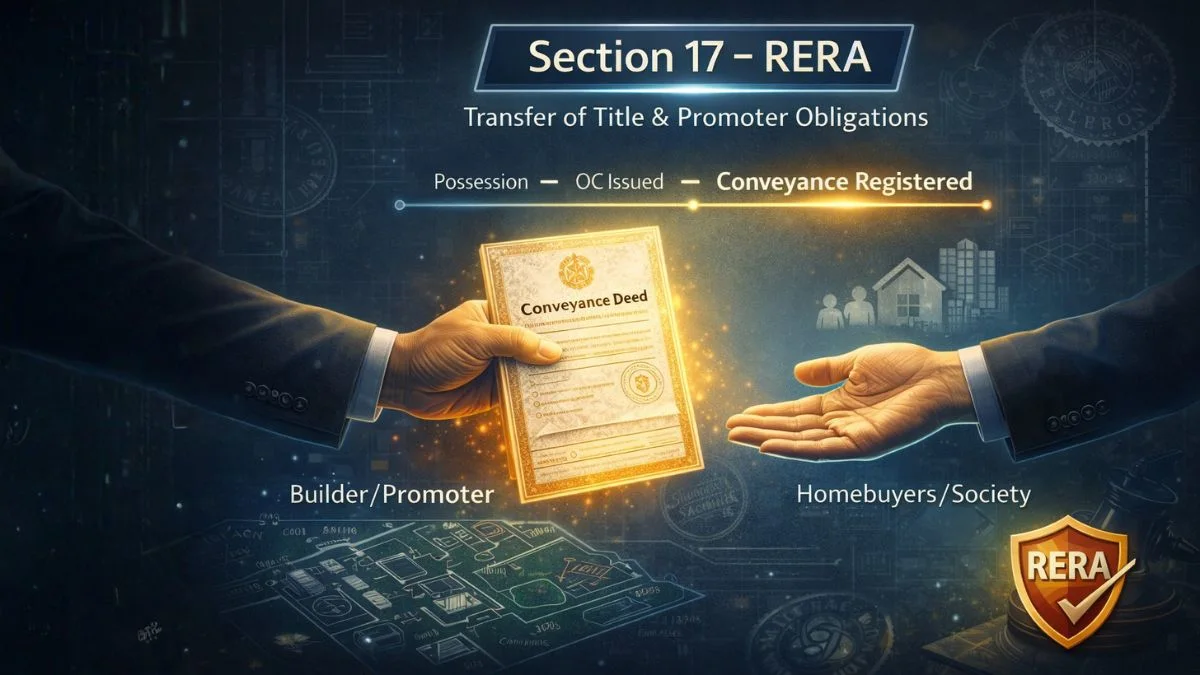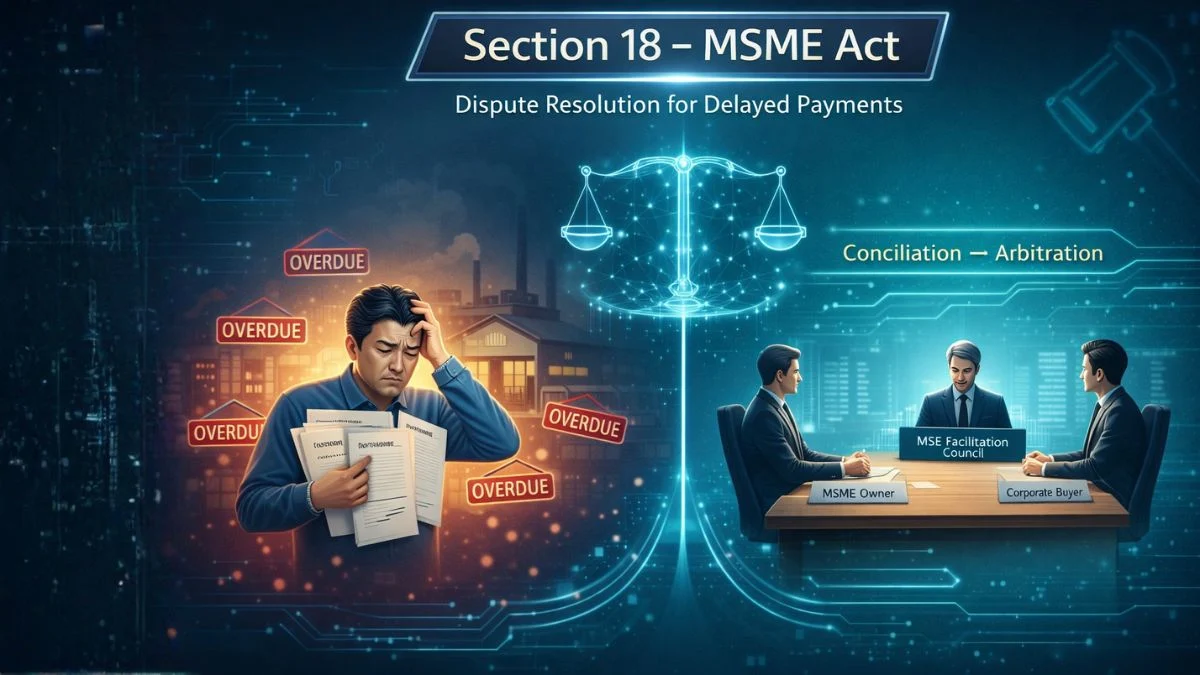
The Indian government has been making continuous efforts to empower Micro, Small, & Medium Enterprises (MSMEs), recognizing their vital role in economic growth & employment generation. To strengthen the financial health of MSMEs & ensure timely payments, Section 43BH of the Income Tax Act has been introduced. This section is specifically designed to address the long-standing issue of delayed payments to MSMEs & the tax implications associated with such delays.
In this article, we will explain what Section 43BH of the Income Tax Act is, who it applies to, how it affects businesses, & the importance of timely payments. We'll also discuss the key tax implications, compliance requirements, & how businesses can stay on the right side of the law while dealing with MSMEs.
What is Section 43BH of the Income Tax Act?
Section 43BH of the Income Tax Act deals with the payment obligations towards Micro & Small Enterprises (MSEs). According to this section, any sum owed to Micro & Small Enterprises for goods supplied or services rendered must be paid within the period specified under the Micro, Small & Medium Enterprises Development (MSMED) Act, 2006. If the payment is delayed beyond this due date, the deduction towards the expense will only be allowed in the year in which the actual payment is made.
This means that businesses can claim a deduction only based on actual payments & not on an accrual basis, as is generally allowed under mercantile accounting.
Applicability of Section 43BH
Section 43BH applies to every business that purchases goods or services from a registered Micro or Small Enterprise (MSE). The key highlights are:
- Any amount due to a Micro & Small Enterprise must be paid within the agreed credit period or 15 days (which can extend to 45 days through mutual agreement).
- Payments for goods or services provided must be settled before the MSME payment due date; otherwise, the expense will be disallowed in the current financial year.
- The unpaid amount payable to micro & small enterprises beyond the permissible time will result in a loss of deduction until payment is made.
Why was Section 43BH Introduced?
Delayed payments to MSMEs have been a persistent problem in India. Many large corporates & big businesses often delay clearing dues of smaller suppliers & service providers, leading to a financial crunch for MSMEs. To address this issue, the government introduced Section 43BH, which:
- Requires big businesses to pay their dues to MSMEs within stipulated timelines.
- Penalizes those who delay payments by denying them tax deductions on such expenses until actual settlement.
- Aims to create a more balanced & ethical business environment where MSMEs get the respect & financial stability they deserve."
How Does Section 43BH Impact Businesses?
For large corporates & other entities procuring goods or services from Micro & Small Enterprises, Section 43BH brings in both compliance & financial implications:
- Compliance Pressure: Companies must identify suppliers who qualify as MSMEs & track the payment timelines meticulously to avoid disallowance under Section 43BH.
- Cash Flow Management: Since businesses can claim deductions only based on actual payments, timely payments are necessary to avoid increased tax liability.
- Record Maintenance: Entities must maintain proper documentation to prove payment dates & to ensure tax deduction eligibility.
Key Compliance under Section 43BH
Here are some practical compliance measures businesses must follow:
- Obtain MSME registration certificates from vendors to ascertain their eligibility.
- Ensure payments to these vendors are made within 15 days (or 45 days if agreed) from the date of acceptance or deemed acceptance of goods/services.
- Regularly reconcile outstanding payments to avoid unnecessary disallowance under Section 43BH.
- Update accounting systems to highlight unpaid amounts specifically due to Micro & Small Enterprises.
MSME Payment Due Date: Practical Example
Suppose a company receives goods from a small enterprise on 1st April 2024, and the agreed payment term is 30 days. The company must ensure that payment is cleared by 1st May 2024. If it fails to do so, the sum payable by the assessee to micro or small enterprises will be disallowed as a deduction until the payment is made."
Importance for MSMEs
For Micro and Small Enterprises (MSEs), Section 43BH of the Income Tax Act is a powerful tool that promotes timely payments, ensuring they have the liquidity to sustain & grow their businesses. It strengthens the rights of MSMEs by holding larger businesses accountable for payment delays.
Conclusion
In summary, Section 43BH of the Income Tax Act is an essential provision that ensures MSMEs receive timely payments for the goods & services they provide. The section applies to payments to MSEs & mandates that any sum owed to Micro & Small enterprises for goods supplied or services rendered must be settled within the time prescribed under the MSME law.
This law requires big businesses to pay their dues to MSMEs or face the consequences of tax deduction denial. It's not just a statutory obligation—it's a step towards a healthier economy & a fairer business ecosystem.
👉 Need help with MSME compliance, tax planning, or timely filing? Let our experts at Callmyca.com guide you through every step—make your tax life stress-free!

